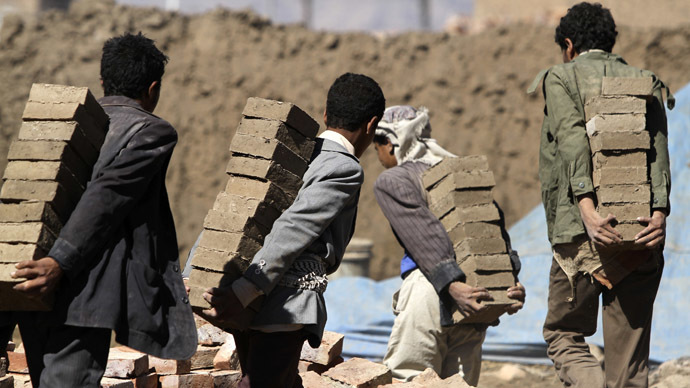RIO DE JANEIRO, BRAZIL – The Thomson Reuters Foundation writes in its latest report that Brazil will create a new “dirty list” of employers that engage in modern slavery, drawn from a roster of companies and people found guilty of the practice in labor courts.

The move by the Labor Prosecutor’s Office is aimed at shedding more light on slave labor, which Brazil formally acknowledged in 1995 existed in the country.
The new list will stand alongside another “dirty list” launched in 2004 which names employers deemed guilty by an internal government agency. Companies on that list are blocked from receiving state loans and have restrictions placed on sales, and private banks use the list to gauge credit risk.
The new list is likely to name different companies and people, officials said. “This is a great difference — it shows the other end of the process, where there is a judicial ruling,” said Ronaldo Fleury, labor prosecutor general.
“The lists complement each other, as their databases are different,” he told Thomson Reuters Foundation. The United Nations have hailed the 2004 government-created list as a key tool in Brazil’s anti-slavery drive.
Brazil’s effort to fight slave labor has included a special enforcement unit to find and raid sites suspected of using forced labor.
Since 1995, government agents have found more than 53,000 people toiling in slavery-like conditions. The new list of employers found guilty of slave labor or human trafficking is due to be completed in about six months.
In Brazil, the executive and judicial branches of government are independent and can reach different conclusions, so names could appear on one list but not the other.
In Brazil, modern slavery is defined as forced labor, but also includes debt bondage, degrading work conditions, long hours that pose a health risk or work that violates human dignity.
(Source: Thomson Reuters Foundation)

